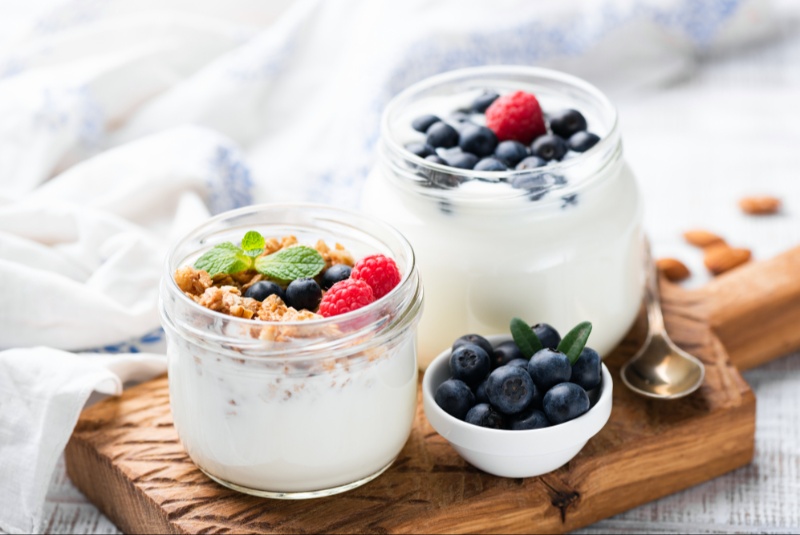Immunity is our body's primary defense mechanism against illnesses and diseases. It acts as a shield that safeguards us from harmful pathogens. With the rise of health concerns worldwide, strengthening the immune system has become the topmost priority for many. While various factors like sleep, exercise, and stress play an integral role in shaping our immune response, diet remains paramount. A balanced and nutritious diet can not only bolster your immunity but also ensure the overall well-being of the body.
Let's explore some of the most potent foods that can give your immunity a much-needed boost:
1. Citrus Fruits
Famous for being rich in vitamin C, citrus fruits like oranges, grapefruits, lemons, and limes are essential for the production of white blood cells, which are key to fighting infections. Unlike certain vitamins which the body can produce on its own, vitamin C needs to be ingested through our diet or supplements.
2. Ginger
A staple in many kitchens, ginger has anti-inflammatory and antioxidative properties. It is believed to help decrease inflammation, which can aid in reducing sore throats and other inflammatory illnesses. Additionally, ginger may help with decreasing nausea and boasts a rich, spicy flavor that can elevate the taste of various dishes.
3. Garlic
An integral ingredient in various cuisines worldwide, garlic’s immunity-boosting properties come from a high concentration of sulfur-containing compounds like allicin. These compounds are known to enhance the disease-fighting response of white blood cells in the body when they encounter viruses.
4. Spinach
While spinach is packed with numerous antioxidants and beta carotene, it is also rich in vitamin C. These compounds can both increase the infection-fighting ability of our immune systems. For maximum benefits, spinach is best consumed when cooked as little as possible to preserve its nutrients.
5. Yogurt
Yogurts fortified with probiotics are champions for the digestive tract, promoting the growth of beneficial bacteria. A healthy gut flora not only aids digestion but also plays a vital role in immune function. When choosing yogurt, opt for those without added sugars and, if possible, ones fortified with vitamin D.

6. Almonds
Vitamin E, found abundantly in almonds, is a powerful antioxidant that is essential for maintaining a healthy immune system. Just a half-cup serving of almonds provides nearly 100% of the recommended daily amount of this nutrient.
7. Turmeric
Long hailed in traditional medicine for its healing properties, turmeric contains the compound curcumin, which has proven anti-inflammatory effects. Recent studies suggest that curcumin can enhance the immunomodulating capacity, making it a golden gem for immunity.
8. Green Tea
Both green and black teas are packed with flavonoids, a type of antioxidant. Green tea, in particular, is rich in epigallocatechin gallate (EGCG), another potent antioxidant. Furthermore, green tea is an excellent source of the amino acid L-theanine, which aids in the production of germ-fighting T-cells.
9. Papaya
A single papaya contains more than double the daily recommended amount of vitamin C. But that's not all; it has a digestive enzyme called papain that possesses anti-inflammatory properties. Papayas are also a good source of potassium, B vitamins, and folate, all beneficial for overall health.
10. Shellfish
Not typically known for their immune-boosting qualities, some shellfish are packed with zinc which is essential for the immune cells to function as intended. Crab, clams, lobster, and mussels are among those to be included in your diet.
Incorporating a range of nutritious foods into our daily diets is pivotal for fostering a robust immune system. While the foods listed above are indeed beneficial for bolstering immunity, it is essential to remember that a well-rounded diet, combined with regular exercise, adequate sleep, and stress management, is the ultimate formula for health and wellness. As always, it's a good idea to consult with a healthcare professional or nutritionist to find the best dietary choices for individual needs.




